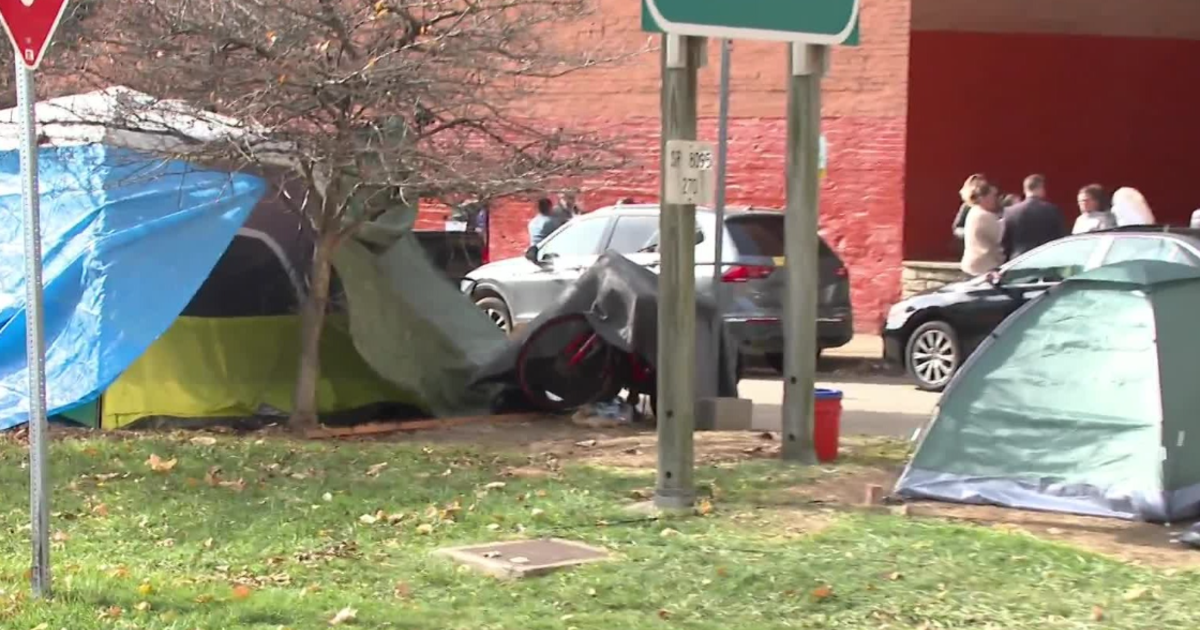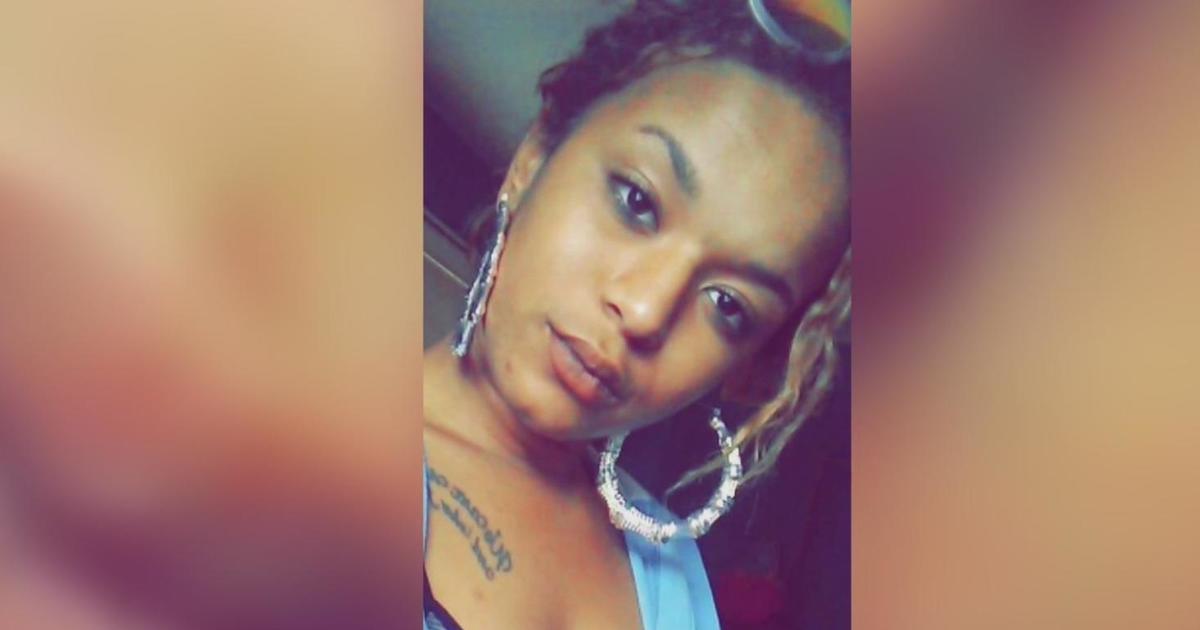Pa. Supreme Court Hears Arguments On Voter ID Law
PHILADELPHIA (KDKA) -- With just over 50 days before the election, the Pennsylvania Supreme Court heard lawyers in Philadelphia argue whether a lower court's decision to uphold Pennsylvania's controversial voter identification law should be allowed to stand.
"The right to vote is the country's proudest boast," attorney David Gersch told the justices.
Gersch, who represents individuals and organizations unhappy with the new law, told the six justices that the state constitution, unlike the U.S. constitution, has specific language to protect the right to vote that no legislature can infringe.
"By putting the right to vote in the constitution, what the framers of the various constitutions of Pennsylvania intended to do, was to make those rights against the government, to safeguard against the legislature."
Commonwealth attorney John Knorr acknowledged the right to vote was fundamental but added, "The right to vote and having elections cannot exist without pervasive state regulation and fashioning that regulatory framework is the job of the legislature."
Under questioning, Gersch said the problem was not the photo ID requirement but the method of getting such an ID.
"The vice is not in requiring photo identification. The vice is requiring photo identification that people don't have or have a hard time getting."
But the state disputes that there's any hardship getting an ID, saying that this idea "that on Election Day we're going to have a million and half voters without ID is a fantasy."
While the lawyers made familiar arguments about the right to vote and against fraud, it was the justice's questions that got the focus.
Justice Max Baer, a Democrat, asked if the case would be withdrawn if the state made it easy for every voter to get photo ID.
Baer: "Would you withdraw this case as moot?"
Gersch: "If the commonwealth has a process whereby everyone can get an ID, then this case won't be necessary."
But Justice Michael Eakin, a Republican, said it was impossible for everyone to get photo ID.
"There will never be a point where everybody can get something the legislature requires," said Eakin.
Justice Thomas Saylor, a Republican, asked the state's lawyer about the difficulty of getting a PennDOT Secure ID.
Saylor: "Can that legislative directive ever be complied with?"
Knorr: "I think I have to say no."
And while courts often defer to the legislature, Justice Debra Todd, a Democrat, said when election year changes affect a presidential election, "it seems to me that the degree of deference may be somewhat dissipated."
Justice Seamus McCaffery, a Democrat, asked with all the problems why not take more time to implement photo ID.
"We spread it out over two federal elections. We take politics out of the game, and after all what's the hurry?"
Later, McCaffery seemed to answer his own question.
"Could it be politics, maybe?"
Predicting how a judge will decide a case based on the questions asked is always a risky business -- and no less so in this case.
Bottom line: it will take four of the six justices to strike down the voter ID law -- and there's no predicting how quickly they will make their decision.
RELATED LINKS:
More Voter ID Law News
More Political News



